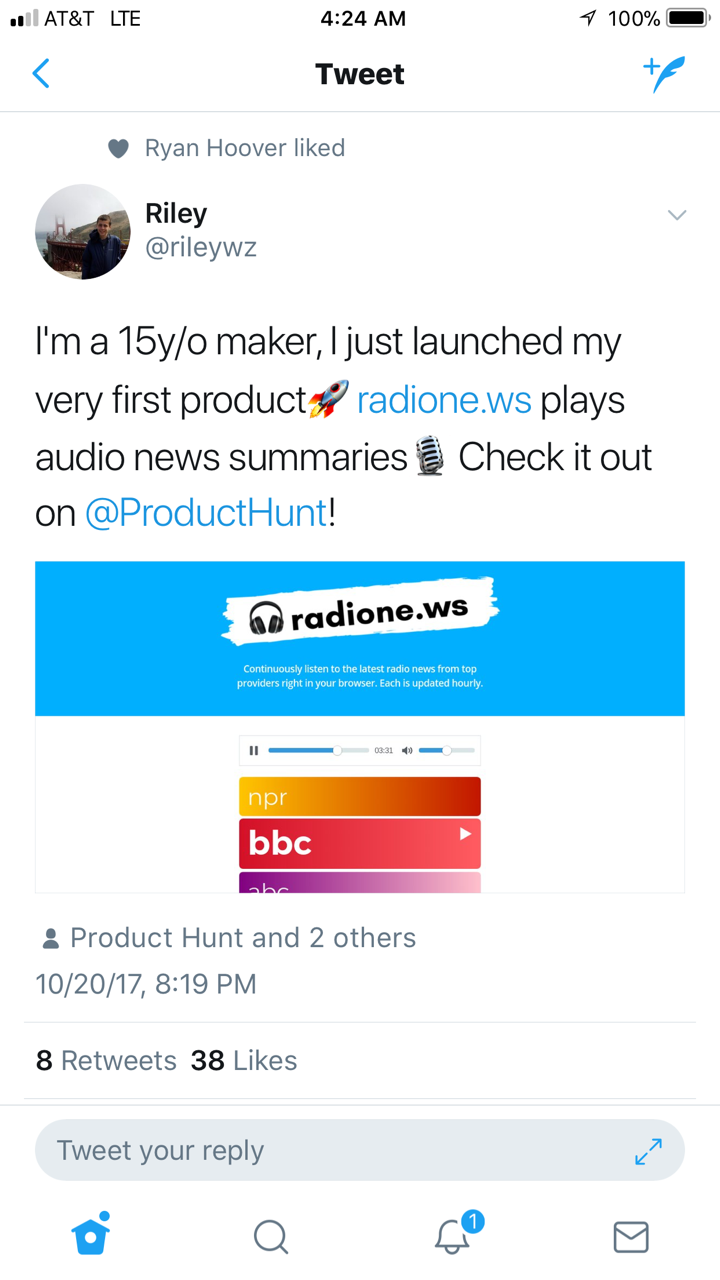
Don’t get the stuffing penalized out of your website
Quick Summary of Contents
Don’t get the stuffing beat out of you is a phrase one might hear around Thanksgiving depending upon one’s whereabouts.
With that intro, today, we’re going to discuss how keyword stuffing negatively impacts your website, and how it leads to getting the “stuffing” penalized out of your website in a bad way.
In short, you want to remove the keyword stuffing from your website and not be severely penalized for trying to fly under the sensitive search radar.
Keywords and their role in Search Engine Optimization
Just as it is thought and said quite often, money makes the world go around, and so the same can be said for search engine optimization when speaking of keywords.
Keywords and keyword phrases make the online world go around. He or she who controls the keywords, controls the keyboard and mouse when it comes to search, and in turn the pocket book too.
 Everyone who has ever owned and operated a website and wanted to rank high across all major search engines can never escape the importance of keywords within their website.
Everyone who has ever owned and operated a website and wanted to rank high across all major search engines can never escape the importance of keywords within their website.
Much like humans need air to breathe, a website needs keywords to rank in search engines. And just as humans need air, we also need to eat and drink, but in moderation.
The same can be said for keywords in relation to websites. If we eat or drink too much as humans, we make ourselves sick to the point vomiting.
If we use to many keywords, known as keyword stuffing, in our website or even domain names, all major search engines vomit our sites right out of prime search engine placement and maybe the entire search engine altogether, also known as de-indexing.
And once your website is out, there is no getting back search rankings quickly.
Dirty optimization and gaming search engines
Most websites that are keyword stuffed have been known to use the following techniques which are considered black-hat SEO techniques and highly not recommended for maximizing search engine ranking:
- Obsessively overusing keywords in the meta tags of a page. Meta tags are used by search engines and are only visible when viewing the source code of a web page.
- Cleverly making the text and page background the same color, and listed as many keywords as possible; the user viewing the page can’t see the text, but the search engines can read and index the text.
- Allowing their CSS ninja to place hidden divs stuffed full of keywords or even using the z-index for span and divs to hide keywords on page that are visible to search engines but not humans when viewing the page.
- Intermittently entering keywords into the middle of sentences and content in general, making the sentence unreadable to humans but making a strong case for search engines to rank the page well for the inserted keyword.
- An oldie but goodie, using the noscript tag to hide a trove of keywords and keyword phrases.
Steer clear of Black-Hat SEO
If any SEO/SEM professional or firm is using any of these sort of deceptive SEO tactics, then it is time for you to end your business relationship with them before they end the business relationship of your website and its rankings with all major search engines.
Should you and your business vet a new company pushing these tactics as a part of their strategy, please run for the hills and run FAST. Do not sign an agreement for their firm to begin any type of SEO services.
For if you do, then your business can expect to get the keyword stuffing penalized out of its website.














[…] shady link building schemes to paid links to keyword stuffing to link stuffing to plagiarizing a competitor’s original content and many more advanced […]
Great article! We are lіnκing to this pагticulaгly greаt post on our website. Keеp up the great wгiting.
Excellent article. Keep posting such kind of info on your site. Im really impressed by your site. You’ve performed a fantastic job. I’ll certainly digg it and recommend
to my friends as I am sure they will benefit from this site.
[…] timely in results. Where I do take issue is at the point customers approach the slippery slope of keyword stuffing disguised as optimized content […]